Health
Hepatitis B: Causes, Symptoms & Treatment Guide
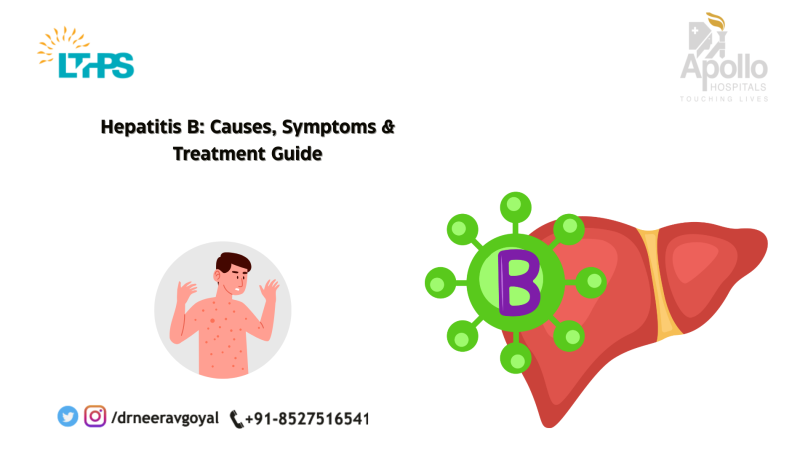
Introduction
Have you ever heard about Hepatitis B but weren’t quite sure what it really means? You’re not alone. Hepatitis B is a liver infection caused by a virus that silently affects millions of people worldwide. Sometimes, it shows no signs until it causes serious liver damage — like a hidden fire burning within.
The good news? Hepatitis B is preventable and treatable, especially when detected early. Let’s break it down in simple terms — what causes it, what symptoms to watch out for, and how it’s treated.
Learn about Hepatitis B causes, symptoms, and treatment options. Get expert guidance from the best liver transplant specialist in Delhi
. What Is Hepatitis B?
Hepatitis B is a viral infection that attacks the liver, leading to inflammation and sometimes long-term damage. It’s caused by the Hepatitis B virus (HBV). Depending on how long it lasts, Hepatitis B can be acute (short-term) or chronic (long-term).
The liver is like your body’s natural detox center — filtering toxins and producing essential proteins. When Hepatitis B strikes, it can interfere with these crucial functions, sometimes leading to serious liver conditions.
2. How Common Is Hepatitis B?
According to the World Health Organization (WHO), over 250 million people worldwide live with chronic Hepatitis B. In India alone, millions are estimated to be carriers — many unaware of it. The infection is more common in Asia and Africa, but anyone, anywhere, can get it.
3. What Causes Hepatitis B?
Hepatitis B is caused by the Hepatitis B virus (HBV), a DNA virus that infects liver cells. Once it enters your bloodstream, the virus travels to the liver and begins to multiply, damaging liver tissue over time.
Your body’s immune system fights back, but if it can’t completely remove the virus, it becomes a chronic infection.
4. How Is Hepatitis B Transmitted?
The virus spreads through contact with infected blood or body fluids. You cannot catch it through casual contact like hugging or sharing food. Common transmission routes include:
- Unprotected sexual contact with an infected person
- Sharing needles or syringes
- From mother to baby during childbirth
- Using unsterilized medical or tattoo equipment
- Blood transfusions (though rare today due to screening)
Even a small amount of infected blood can transmit the virus.
5. Who Is at Risk of Hepatitis B?
Anyone can get infected, but some people are at higher risk:
- Healthcare workers exposed to blood
- Infants born to infected mothers
- People with multiple sexual partners
- Individuals who inject drugs
- Family members of infected individuals
- Those living in regions where Hepatitis B is common
6. Stages of Hepatitis B Infection
Hepatitis B infection develops in three main stages:
- Acute Hepatitis B: Lasts for a few weeks to months after infection. The body may clear the virus on its own.
- Chronic Hepatitis B: If the virus remains for more than six months, it becomes chronic, increasing the risk of liver damage.
- Liver Cirrhosis or Cancer: Long-term infection can lead to scarring (cirrhosis) or liver cancer.
7. Common Symptoms of Hepatitis B
Many people don’t notice symptoms until the liver is significantly affected. However, when symptoms do appear, they may include:
- Fatigue and weakness
- Loss of appetite
- Nausea and vomiting
- Yellowing of skin and eyes (jaundice)
- Dark urine and pale stools
- Abdominal pain (especially in the upper right side)
- Joint pain or body aches
- Fever
Think of your liver as your body’s engine — when it’s struggling, everything slows down.
8. How Is Hepatitis B Diagnosed?
Doctors use blood tests to detect the Hepatitis B virus. Common tests include:
- HBsAg (Hepatitis B surface antigen): Indicates an active infection.
- Anti-HBs: Shows immunity (from past infection or vaccination).
- HBV DNA test: Measures the amount of virus in the blood.
- Liver function tests: Assess liver health and damage.
In chronic cases, imaging tests like ultrasound, FibroScan, or liver biopsy may be done.
9. Complications of Untreated Hepatitis B
Ignoring Hepatitis B can lead to serious, even life-threatening, complications such as:
- Liver cirrhosis (permanent scarring)
- Liver failure
- Liver cancer (Hepatocellular carcinoma)
- Kidney and blood vessel damage
This is why early diagnosis and timely treatment are so crucial.
10. Treatment Options for Hepatitis B
Treatment depends on whether the infection is acute or chronic.
Acute Hepatitis B
In most cases, acute Hepatitis B doesn’t require specific antiviral treatment. Doctors recommend:
- Plenty of rest
- Adequate hydration
- Avoiding alcohol and liver-harming drugs
- Nutrient-rich diet
The body often clears the virus naturally within six months.
Chronic Hepatitis B
If the virus persists, antiviral medications may be prescribed to control it:
- Tenofovir or Entecavir: Commonly used antivirals to reduce viral load
- Interferon injections: Help boost immune response
In severe cases, where the liver is severely damaged, a liver transplant may be the only option.
11. Lifestyle Tips for Managing Hepatitis B
Living with Hepatitis B doesn’t mean giving up your normal life. Here are some helpful lifestyle tips:
- Avoid alcohol to protect your liver.
- Eat a balanced diet rich in fruits, vegetables, and whole grains.
- Stay hydrated and maintain a healthy weight.
- Get regular checkups to monitor liver function.
- Avoid sharing personal items like razors or toothbrushes.
Your liver can heal remarkably — treat it with care!
12. Preventing Hepatitis B Infection
Prevention is truly the best cure for Hepatitis B. Here’s how you can protect yourself:
- Get vaccinated – The Hepatitis B vaccine is safe and highly effective.
- Use protection during sexual activity.
- Avoid sharing needles or syringes.
- Ensure medical instruments are sterilized before use.
- Screen blood donors and pregnant women for HBV.
Vaccination can protect you for life — a small step with a big payoff.
13. Hepatitis B and Liver Transplant: When Is It Needed?
If Hepatitis B causes severe liver damage, such as end-stage liver disease or liver cancer, a liver transplant may be the only life-saving option.
In this procedure, the damaged liver is replaced with a healthy donor liver. Post-transplant care includes antiviral therapy to prevent recurrence of the virus.
14. Role of the Best Liver Transplant Specialist in Delhi
When it comes to advanced care, consulting the best liver transplant specialist in Delhi can make all the difference. These experts specialize in:
- Evaluating the stage of liver disease
- Managing antiviral treatment
- Performing complex liver transplants with precision
- Offering post-surgery rehabilitation and follow-up care
Delhi is home to some of India’s top transplant centers with high success rates, experienced surgeons, and world-class facilities. Early consultation ensures better outcomes and long-term recovery.
15. Final Thoughts on Living Healthy with Hepatitis B
Hepatitis B can sound scary, but it doesn’t have to define your life. With proper diagnosis, treatment, and lifestyle adjustments, many people live full, healthy lives.
If you or a loved one has Hepatitis B or advanced liver disease, don’t wait — reach out to the best liver transplant specialist in Delhi for expert advice and compassionate care. Remember, your liver is your life engine — protect it, and it will protect you.
Frequently Asked Questions (FAQs)
1. Can Hepatitis B be cured completely?
While there’s no complete cure for chronic Hepatitis B, antiviral medicines can control the virus and prevent complications. Acute Hepatitis B often clears naturally.
2. Is Hepatitis B contagious through casual contact?
No, it doesn’t spread through hugging, shaking hands, or sharing food. It only spreads through contact with infected blood or body fluids.
3. How effective is the Hepatitis B vaccine?
Extremely effective! The vaccine provides up to 95% protection and usually lasts a lifetime.
4. Can Hepatitis B lead to liver cancer?
Yes, chronic Hepatitis B can increase the risk of liver cancer, especially without treatment or monitoring.
5. When should I see a liver transplant specialist?
If you have chronic Hepatitis B with cirrhosis, liver failure, or cancer signs, consult the best liver transplant specialist in Delhi immediately for evaluation.
Source:
Click for the: Full Story
You might like

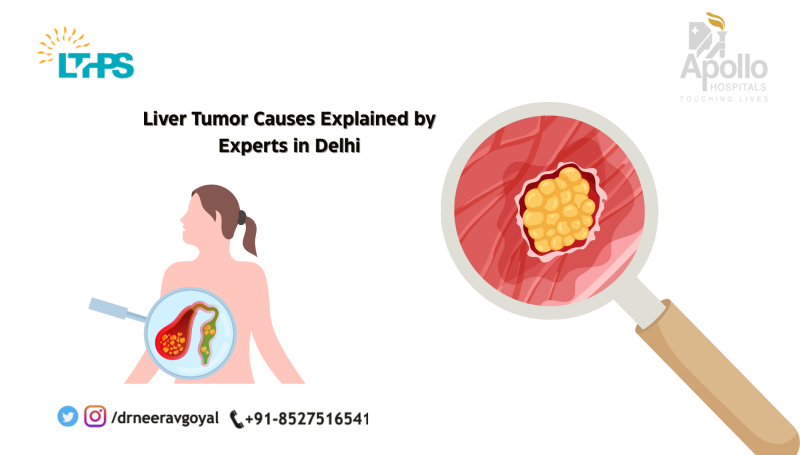
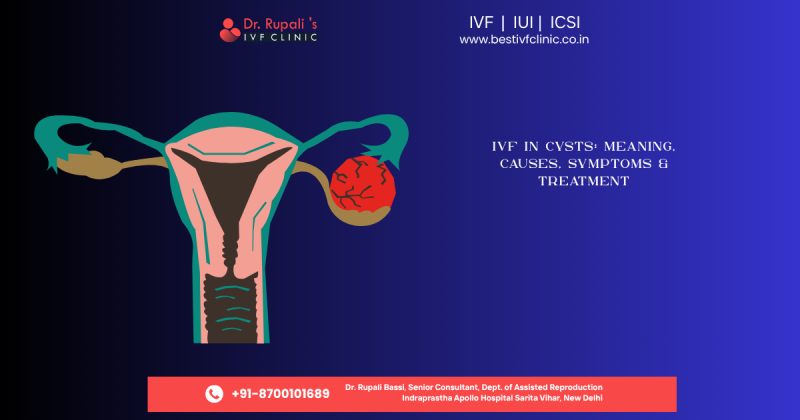


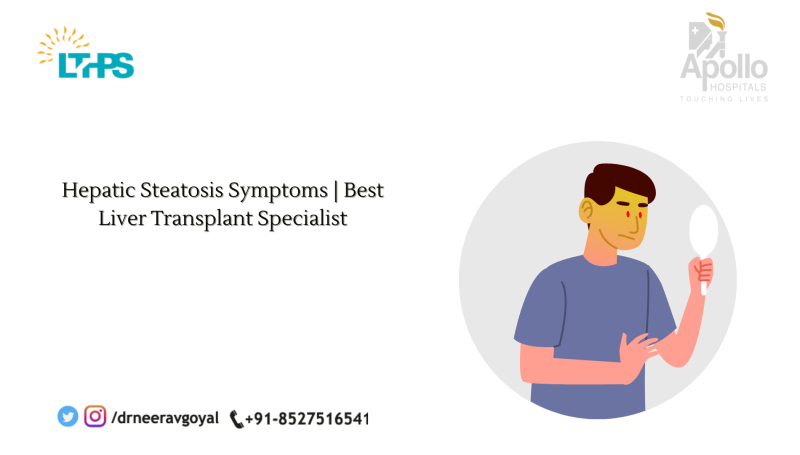

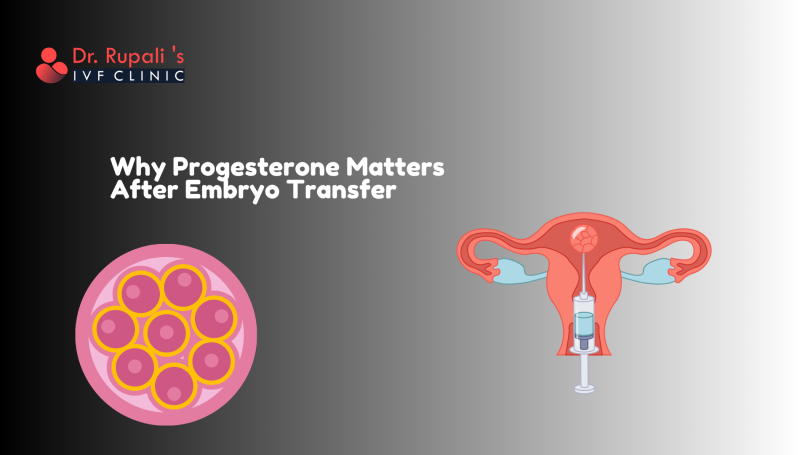





 Close Menu
Close Menu